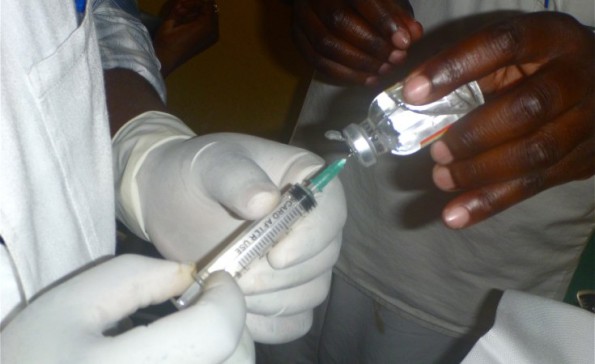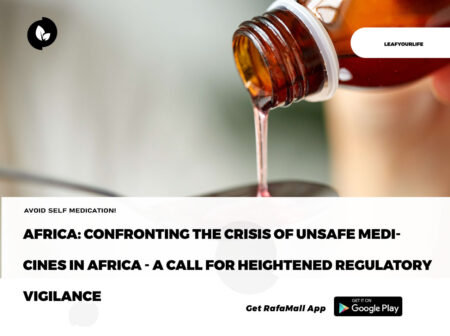
By Elizabeth Merab
A new HIV drug which could see patients stop taking daily antiretroviral therapy drugs has been approved by the US Food and Drug Administration.
The drug, known as Cabenuva (cabotegravir and rilpivirine) which is administered as an injection once a month, not only frees patients from taking pills everyday but also accords them privacy compared to the current antiretroviral (ARV) regimen.
With 12 jabs annually, Cabenuva has been found to be effective in maintaining a viral suppression among adults living with HIV with no history of treatment failure, and with no known or suspected resistance to either cabotegravir or rilpivirine.
The drug provided as a co-pack with two injectable medicines — ViiV Healthcare’s cabotegravir and Janssen’s rilpivirine — is administered by a health care provider as two separate shots in the buttocks once a month. The drug is the first of several long-acting antiretroviral HIV medicines in development, which researchers hope will ensure that people consistently take the drugs that can prevent the virus from replicating in their cells. Skipped doses put people with HIV, and their sexual partners, at risk.
According to the Kenya population-based HIV impact assessment (Kenphia) 2018 survey, there has been a steady increase in the number of people living with HIV who have been having access to life-long antiretroviral (ARV) drugs.
A total of 80 per cent of adults living with HIV in Kenya are aware of their diagnosis; 96 per cent of those aware of their diagnosis are on antiretroviral therapy (ART); and 91 per cent of those on treatment have achieved viral load suppression.
If taken as prescribed, ARTs reduce the amount of HIV in the body (viral load) to a very low level, which keeps the immune system working and prevents illness. This is called viral suppression–defined as having less than 200 copies of HIV per millilitre of blood.
“Cabenuva reduces the treatment dosing days from 365 days to 12 days per year,” said a statement from Lynn Baxter, head of North America at ViiV Healthcare – the company behind the Cabenuva combination – immediately after the US approval.
The greenlight for the drug is based on the phase III ATLAS (Antiretroviral Therapy as Long-Acting Suppression) and FLAIR (First Long-Acting Injectable Regimen) studies that included more than 1,100 patients from 16 countries. Before initiating treatment with Cabenuva, participants were given oral dosing of cabotegravir and rilpivirine (lead-in) for approximately one month to assess the tolerability of each therapy.
“It [approval] signals progress in the response to HIV. It means scientists are working and may be tomorrow, there will be a cure. Long acting injectable will help reduce the burden of daily oral pills and improve adherence,” said Nelson Otwoma, executive director, national empowerment network of people living with HIV/AIDS.
Amidst the good news, however, is the prohibitive cost of the drug which will cost Sh400,000 ($3,960) a month, or more than Sh4.8 million ($47,500) a year, pricing which Viiv argued is “within the range” of HIV treatment pills in the US.
In Kenya, which mostly relies on generic medicines, a full dose of ARVs for one year costs about Sh20,000.
“There are only two questions: When is it likely to be available to PLHIV in Kenya? What is the cost? The answer to the second question will address the first question,” added Mr Otwoma.
Besides cost, implementation in settings where healthcare facilities are stressed may be challenging since the drug has to be administered in a clinical setting, noted Prof Benson Edagwa, a US-based Kenyan scientist.
Mr Edagwa’s team is also working on an enhanced version of Cabenuva, that would see patients get just a single dose every year.
“We have also developed a long acting dolutegravir that could also be administered every year and this work will be published soon. Our plan is to move these medicines into clinical trials,” he added.
The approval made last week ahead of HIV Research for Prevention (HIVR4P) international conference, saw the United States join the Europe Union, which approved the same last month. The monthly injectable regime was first approved in Canada in March 2020.
Read the original article on Nation.











